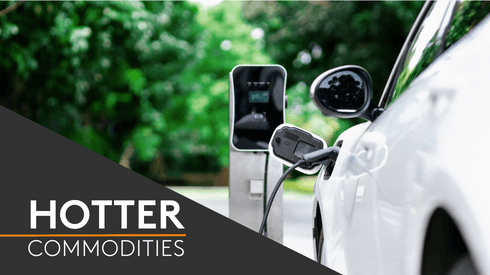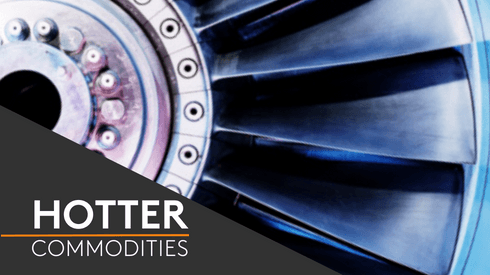A production plant that has the potential to be UK’s first-of-a-kind lithium hydroxide refinery, has got planning permission from a local authority, which is viewed as a key step in progressing the project towards eventual supply of a material crucial for electric vehicle (EV) batteries.
The firm behind the plans – Tees Valley Lithium (TVL) – received the necessary approvals from Redcar & Cleveland Borough Council to build the facility, which according to TVL is worth $300 million (£250 million).
The plant, which will produce a key component of the widely used lithium-ion battery in EVs, will be located at the Wilton International Chemicals Park in the Teesside Freeport.
TVL said the plant will be capable of producing 96,000 tpa of low-carbon battery-grade lithium hydroxide once in full production (15% of projected European demand), as well as lithium carbonate sourced from imported high-grade feedstock from South America and lithium producers located in Australia and elsewhere.
“TVL’s processing refinery is expected to produce enough lithium hydroxide to supply 100% of the forecasted automotive demand in the UK by 2030, with a further 35% of its total production available for export to other countries in Europe and elsewhere,” the company said.
Meanwhile, the company confirmed it was in “advanced discussions” with several offtake customers, including European gigafactories and EV OEMs, although further details of these firms were unavailable before publishing.
Changing landscape of lithium production
According to Fastmarkets, China currently produces the majority of the world’s lithium salt production – around 70% – while Europe produces less than 1%.
“We expect the landscape to change over the next decade, with lithium salt production in Europe reaching approximately 450 kt by 2030 (14% of global total),” Fastmarkets battery raw materials analyst Jordan Roberts told Fastmarkets EnergyCensus on Tuesday, November 29.
“This will be fueled by integrated domestic mine to battery-grade lithium operations, as well as a significant amount of standalone converter facilities such as Tess Valley Lithium,” he said.
Roberts said that the UK, Europe, and the US are all looking to reduce the reliance on material sourced from China, in terms of shoring more refining, cathode, and cell production capacity.
“We, therefore, expect most of the planned converter capacity in Europe to come online eventually, but who will be first, largest, and “greenest” is still up for debate,” he said.
Soaring lithium prices were exacerbated this year amid a wider commodity price boom because of the Ukraine war.
EV supply chain shortages have been combined with high lithium prices, which in the past 12 months have risen 150-200%.
The availability of the metal remains limited, and although new supply is coming online, the process to expand production remains slow.
However, despite supply chain issues, EV uptake in the UK continues to increase, with strength in October UK car registrations recorded by the Society of Motor Manufacturers and Traders (SMMT) supported primarily by strong EV and hybrid uptake.
Last month overall, EVs accounted for one in three registrations in October, while more than a fifth (21.5%) came with a plug.
Uncertainty for EV battery production in UK
Attempts to establish EV battery production in the UK have not been straightforward, however, with domestic manufacturer Britishvolt only just last month securing short-term funding to avert potential administration and immediate fears of insolvency related to the firm’s planned ‘gigafactory’ in northern England.
The firm secured the funds after unsuccessfully trying to access guaranteed government funding earlier than planned, sources had told Fastmarkets EnergyCensus earlier this month.
The project being developed by Britishvolt is regarded as central to the UK’s strategy to reduce the costs of EVs and inject major investment in north-east England as part of the UK government’s ‘levelling up’ strategy.
Earlier this year, Britishvolt’s chief strategy officer Isobel Sheldon told Fastmarkets EnergyCensus that the firm expected a shortfall in production capacity needed for the manufacturing of batteries used in battery-powered cars by 2025, as demand for greener road transport continues to outstrip current production levels.






